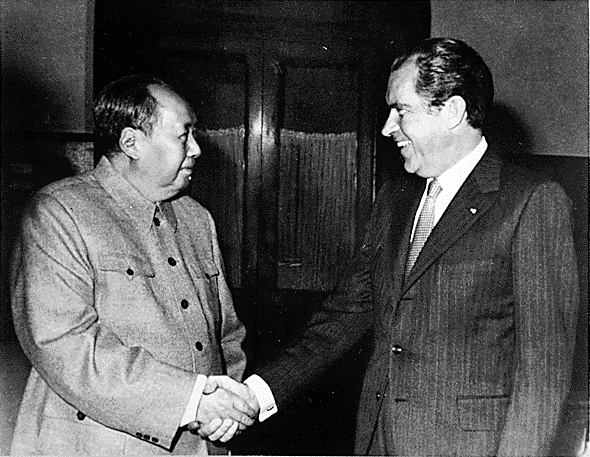
Foreign policy and diplomacy are both essential topics in the realm of foreign affairs, and understanding the difference between them is crucial. Countries must collaborate with other states for survival and development, particularly in today’s globalized world. As a result, nations use various methods to engage with one another in the international arena. Foreign policy and diplomacy are just two of these strategies. Foreign policy refers to a country’s position and the tactics used to advance its national interest in the world. Diplomacy, on the other hand, refers to how a country negotiates with other countries to achieve its needs. This article aims to clarify these two terms and highlight some of their differences.
Foreign policy refers to the position and strategies a state adopts to promote its national interest. The national interest of a country can vary from one state to another. However, generally, a nation strives for sovereignty and prosperity. For example, before World War II, the United States embraced a more isolationist foreign policy, avoiding involvement in international issues. This stance changed after the war, with the U.S becoming more engaged in world affairs. Factors such as the emergence of communist ideals can be considered reasons for the change in foreign policy. To promote their national interest, countries can use various strategies, including diplomacy, foreign aid, and military force.
Diplomacy refers to dealing with other countries through negotiations and discussions to reach a mutually beneficial position. However, diplomacy does not always guarantee fairness for all parties involved, as powerful states may have the upper hand. Diplomacy enables states to influence other countries’ decisions through dialogue.
Diplomacy can encompass various activities, from meeting state leaders to sending diplomatic messages on behalf of states. Diplomats are individuals who specialize in diplomacy and use words as their primary tool. Diplomacy can be unilateral, bilateral, or multilateral and is considered the primary substitute for the use of force in the international arena.